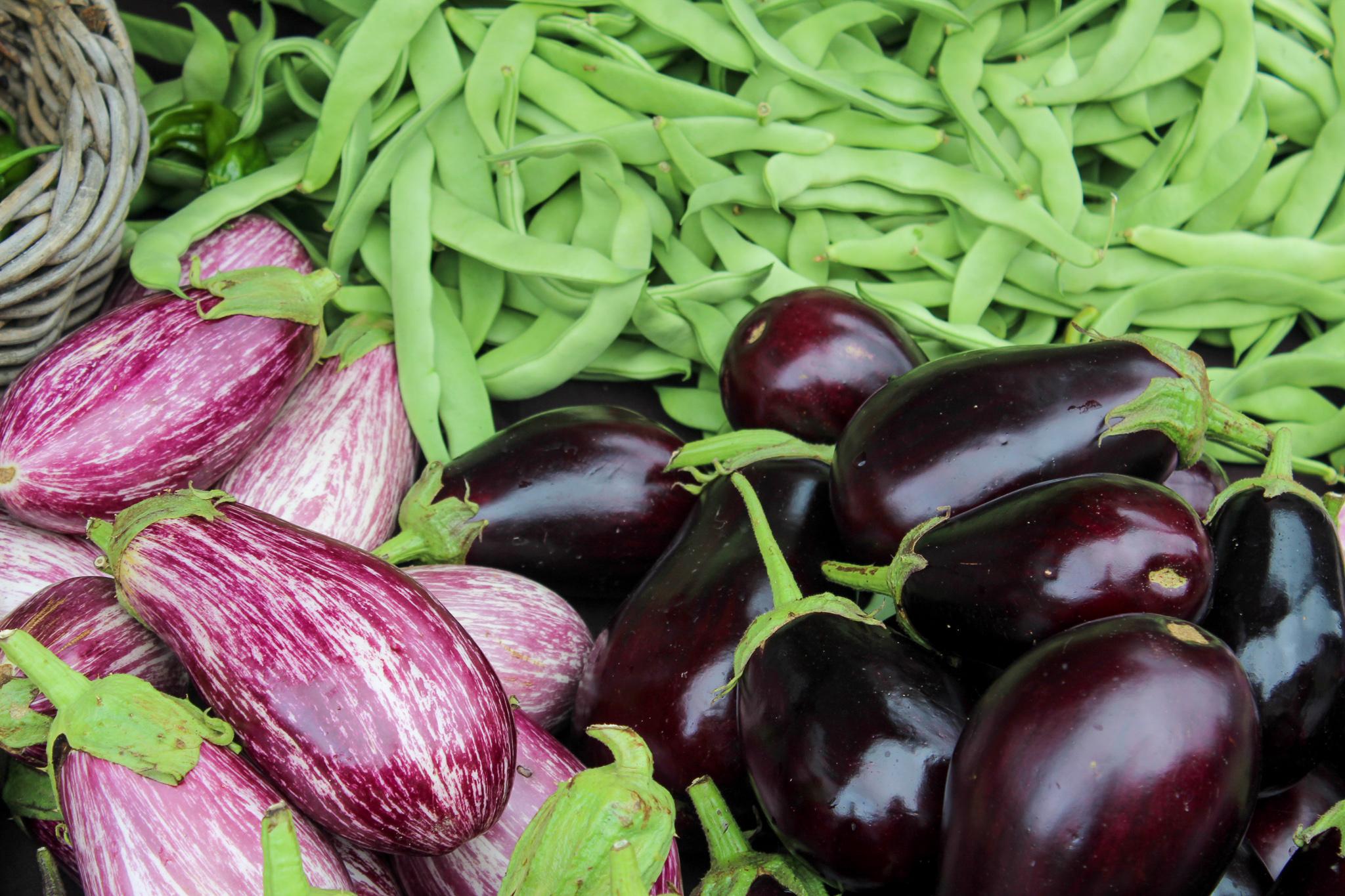NOFA Vermont intern Maggie Callahan organized this Friday's Community Celebration at the Monitor Barn in Richmond (we hope you'll join us!), and provided critical support for planning Agricultural Literacy Week; the following is an account of how she got here. Click here to learn more about Ag Lit Week, our second annual statewide celebration of Vermont's farms and farming communities.
Three and a half years ago, I came to the University of Vermont already declared as a Nutrition and Food Science major in the College of Agriculture and Life Sciences. Like an average college student, I considered many times whether my studies would ever benefit me in the real world. Am I really interested in the biochemistry of a plant cell or the importance of valence electrons? If I am to be honest, I never came into the food systems world in search of understanding the way food works in the body. I study nutrition because I simply love food. I love touching it, smelling it, making it, buying it, and most importantly eating it. My relationship with food is not based on the scientific benefits protein will provide when I eat a slice of grilled chicken. Rather, I want to know where the chicken was farmed, how the chicken was treated, and who I am supporting by selecting a specific package in a grocery store. This is where my interest in the agricultural world stems.
This past semester, my involvement with NOFA Vermont has exponentially broadened my view to the vast world of farming. For my internship, I have worked on organizing and developing Agricultural Literacy week throughout the state of Vermont with the help of nine wonderful mentors in different counties. Agricultural Literacy week, I learned, is a week-long celebration and educational opportunity for Vermont residents to grow their understanding of why agricultural practices, whether that be locally grown, organics, or sustainability, are so important to the function of this state. We hear “support your farmer,” “buy local,” and “go organic” on a regular basis, but the point of Agricultural Literacy week is to find a meaning in those statements for every individual at every age. For children, agriculture might mean visiting a farm or reading a book based on the life of a fruit or vegetable. For a teenager, agriculture might mean conducting a science project on the importance of fermentation in food production. For an adult, agriculture might mean a face-to-face interaction with the producer of the food on their family’s plate, and an understanding on the benefits, socially and economically, of buying local.
For me, I have found that agriculture is much larger than a definition or a project. Understanding and appreciating agriculture comes with a fulfilling feeling of community awareness, health appreciation, and an intense desire to educate. Throughout the planning of Agricultural Literacy week, I have found that my hope for my future, as well as the future of my fellow Vermont residents, is to spread the extremely important fact that our health and the health of our loved ones lies in the hands of the farmers that feed us. Knowing who grew the potatoes and turnips in your stew or who raised the turkey on your plate at Thanksgiving allows you to trust in the food system. The importance of awareness is critical to appreciating what we put in our bodies and further, what our children put in their bodies.
Through this experience, I have found that spreading the word on supporting local food systems or even just knowing where your food is coming from, can help change the way our communities function and potentially fix our country’s detrimental health crisis. As my personal project, I have worked extremely hard to bring together members of the Chittenden County community to enjoy a free, completely locally sourced dinner and local live music, in order to start the conversation about the importance of agriculture.
Please join our community event this Friday, November 22nd from 4pm-8pm at the West Monitor Barn in Richmond. We will be preparing a delicious winter vegetable soup, a Shelburne Orchard-sourced apple crisp, and enjoy donations from Cabot Cheese, Red Hen Bakery, the Vermont Youth Conservation Corporation, Jericho Settler’s Farm, and Bigelow Tea. Join us at four to be part of the meal preparation, or show up at six to eat!
All community members of all ages are welcome to reap the wonderful benefits that our local farms provide us. The event is free; donations will be accepted.
[by Maggie Callahan, NOFA Vermont intern]
Nourishing people, land, & justice through organic agriculture
LEARN MORE

